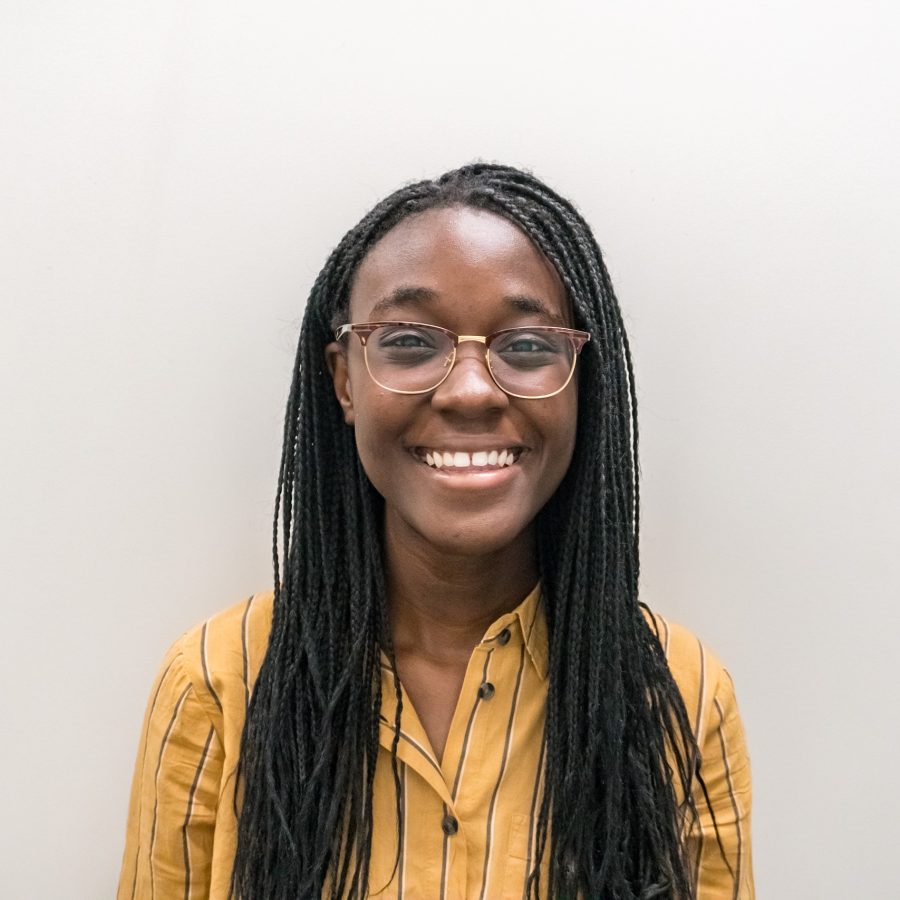It is a well-documented fact that few topics are as taboo as death. According to Psychology Today, current American society sees death and dying “as profoundly ‘un-American’ experiences” because they force us to confront our own lack of control. In a society that prizes individualism and forging one’s own fate, the finality of death threatens the way that many Americans choose to view themselves. Normally, we choose to avoid discussing the subject. “Instead of confronting their own mortality, many Americans tend to label such talk as ‘morbid’ and try to stave it off — along with death itself — as long as they can,” author, anthropologist and Brandeis University professor Anita Hannig said.
For most Americans, there is never a good time to talk about death — and that includes the times when they or someone they know has been touched by it.
When I lost a parent, several people in my own life were extremely uncomfortable with the vulnerability that surrounds death, mourning and tragedy. Throughout that period, I felt that my job was to recover as quickly as possible from grief so as to be “normal” again as if grief was an unnatural or perhaps inconvenient process. It took time for me to realize it is neither of those things. Even today, mentioning loss can be stressful, as I worry about how best to explain my situation without “killing the mood.” In my experience, I find that most people would prefer to never think about death, even as it affects people around them.
Can we conquer our societal fear of death? Given the strong aversion most people have to the topic, I have spent some time grappling with that question.
In the end, I believe the answer is yes. It is both absolutely possible and absolutely necessary to reframe the national dialogue around death and make it a more open and honest discussion.
The first thing that is essential to understand is that our national beliefs regarding death are inextricable from a number of other issues. Our thoughts on death, widows and widowers, hospice care, national tragedy, suicide and the rights of the terminally ill are all tangled together. If we cannot discuss tragedy at an individual level, then we are also unable to discuss how to better the lives of those affected by it.
Initiatives to open up dialogue around death have already begun. In January 2011, after finishing mortuary school, Caitlin Doughty started The Order of the Good Death. The Order describes itself as “a group of funeral industry professionals, academics, and artists exploring ways to prepare a death phobic culture for their inevitable mortality.” The Order encourages creating a conversation about the topic of death, partially so people can ensure their end-of-life wishes are met. The Order also highlights the importance of legal protections for the dying and dead, and the importance of equal access for everyone to have their death rites fulfilled. We can also look to when in 2016, noticing the lack of conversation around death, Hannig designed the class “Anthropology of Death and Dying.” After taking the class, students reported numerous gains, including more respect for the elderly. One student decided to intern at a hospice over the summer. Another said the class helped her process her grief for a loved one.
Today, you can even download the WeCroak app, which sends you five daily reminders that everyone, well, croaks — so we all better choose to live well.
Death is a sad and tragic reality of life, and one that can’t be ignored. It is never something to be glorified or celebrated. But it eases death’s pain for everyone when we can, at the very least, calmly acknowledge mortality. It is true that discussing death is extremely uncomfortable in most circumstances. But living in fear of death — and isolating those that have experience with it — is a much worse fate.
Opinions expressed on the editorial pages are not necessarily those of WSN, and our publication of opinions is not an endorsement of them.
A version of this article appeared in the Monday, Jan. 28 print edition. Email Sarah John at [email protected]
























































































































































